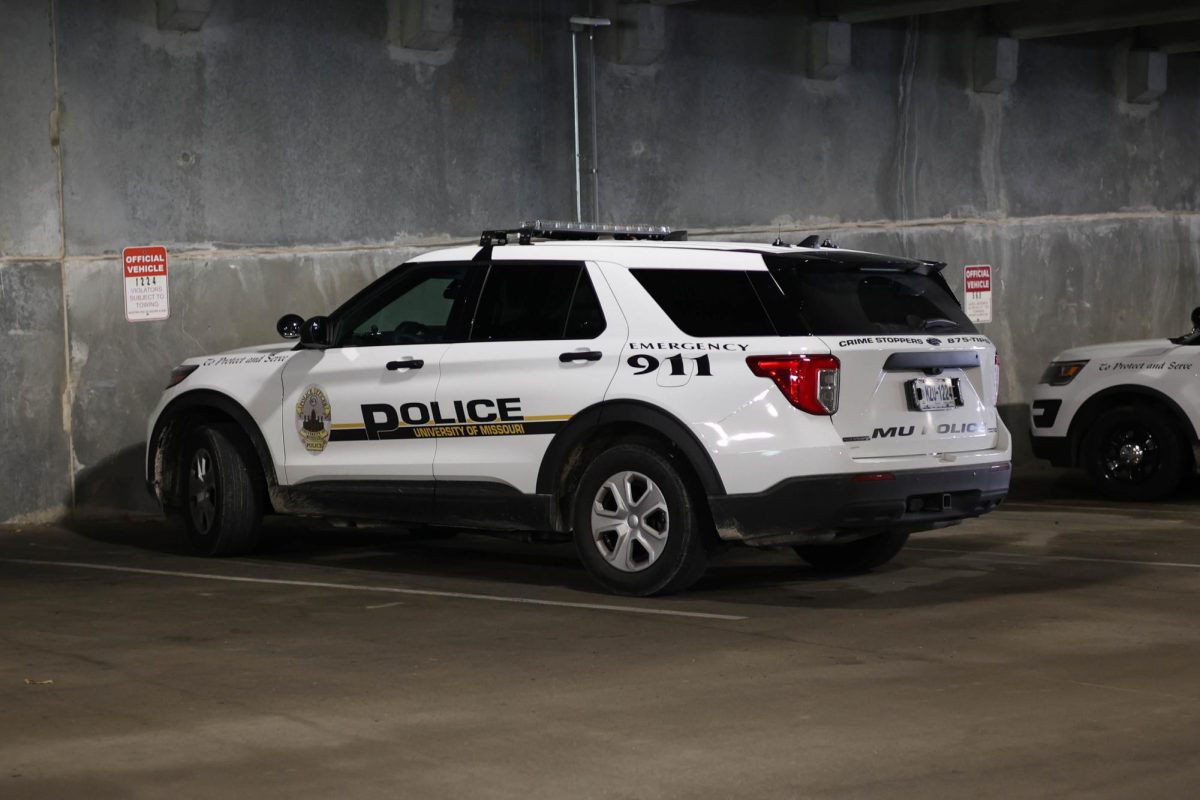House Bill 1104, more commonly known as the voter ID bill, passed Jan. 25 in the House Ethics Committee, but it has met a backlash from those who find the bill unconstitutional.
“The only thing this bill does is erect barriers to the ballot for thousands of Missouri voters,” attorney Denise Lieberman said.
If put into action, this bill would require individuals to show valid personal identification when voting. The bill defines personal identification as either a current driver’s license, a non-expiring-non-driver’s license or a state-approved document of identity verification.
Backers of the bill said its main function is to help prevent voter fraud. With no ID required, there is virtually no way of proving the identity of voters. This bill would also keep non-citizens out of the voting process, essentially purifying elections.
As with any bill, there are still some kinks that need to be worked out. A portion of Missouri’s population thinks this bill is unconstitutional by blatantly taking away certain citizens’ rights to vote, Lieberman said.
Approximately 250,000 Missourians are without any form of ID, according to the secretary of state’s office. The vast majority of these people fall into three groups: the elderly, African-Americans and people ages 18 to 24.
The bill states anyone without an ID will be provided one for free, but one must first get a copy of his or her birth certificate or Social Security card in order to get a valid form of identification. Procuring those documents costs money and sometimes requires other amenities that can’t easily be acquired.
Lieberman is working out of St. Louis to put together a lawsuit that can stop House Bill 1104 from becoming law. Her staff, the Fair Elections Legal Network and the American Civil Liberties Union aims to create a strong civilian opposition to the polarizing bill.
Most people who don’t have an ID by now have no means of getting one — either they have never been issued one or they don’t have the money to procure one, Lieberman said.
Although this bill seems to be on a course for ratification, the process isn’t over yet. Earlier, a similar bill was vetoed by Gov. Jay Nixon. He shows no signs of changing his opinion on the matter, Gov. Nixon’s spokesman Scott Holste said.
The bill was only given the chance to be vetoed because it did not receive a supermajority of two-thirds of the House, negating any possible chance of a veto.
Rep. Shane Schoeller said he and other prominent backers think they can garner the support to get the supermajority. The bill is set to be reviewed by the House in the next couple of weeks. If it is approved, it will be put into effect in late August.




